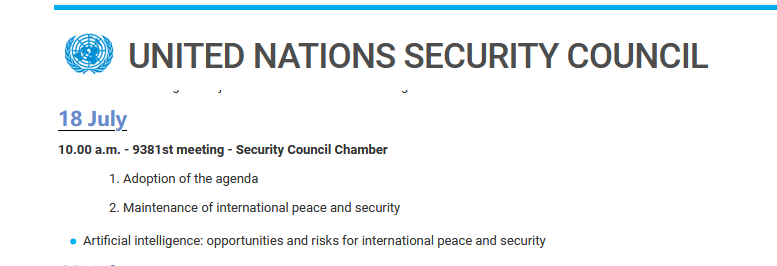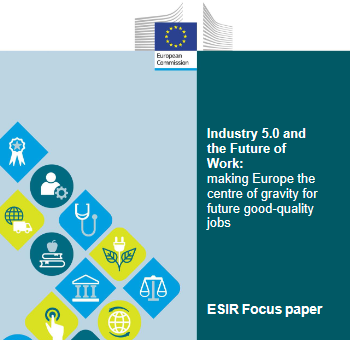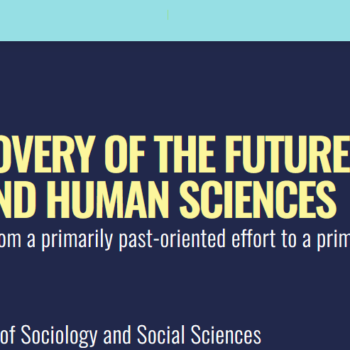
UN Security Council meeting on Artificial Intelligence on July 18, 2023 – intake
- Posted by Mara Di Berardo
- On 21 July 2023
- 0 Comments
- artificial general intelligence, intake, UN Security Council, united nations
by Jerome Glenn
The UN Security Council first ever meeting on AI opened with briefings from Jack Clark of Anthropic (developer of Claude 2 recent competitor with ChatGPT) and Yi Zeng, Cognitive Intelligence Lab, Instituted of Automation, Chinese Academy of Sciences. Jack Clark said governments should come together to create safe AI and not let it be solely controlled by the private sector. Yi Zeng said we need both near-term and long-term strategies to prevent human extinction from superintelligence.
Essentially all countries said to create an international system that shares the benefits of AI for improving health, learning, prosperity, peacebuilding, fighting climate change, while preventing the threats from AI. However, no one made distinctions among artificial narrow, general, and supper intelligence, although Yi Zeng did mention super intelligence. And the Chinese Ambassador did say AI may exceeded human cognitive abilities to understand future AI. Some talked about future AI, without noting why its regulations would need to be different from narrow AI today. No one mentioned government AI or AGI programs as if just the private sector was the only developer of AI. Although several mentioned criminal use of AI, no one mentioned that since cybercrimes net several trillions of dollars each year; hence, it has the money and access to cyber sophistication to be a player in the race for AGI.
The best remarks came from the UN Secretary-General António Guterres, https://www.un.org/sg/en/content/sg/statement/2023-07-18/secretary-generals-remarks-the-security-council-artificial-intelligence-bilingual-delivered-scroll-down-for-all-english: “… I urge the Council to approach this technology with a sense of urgency… what we have seen is just the beginning… potentially catastrophic and existential risks lie ahead… While many countries have advocated for different AI governance measures and initiatives, a universal approach is needed… The best approach would address existing challenges while also creating the capacity to monitor and respond to future risks… It should integrate the private sector, civil society, independent scientists and all those driving AI innovation… I therefore welcome calls from some Member States for the creation of a new United Nations entity to support collective efforts to govern this extraordinary technology… The overarching goal of this body would be to support countries to maximize the benefits of AI for good, to mitigate existing and potential risks, and to establish and administer internationally-agreed mechanisms of monitoring and governance… As a first step, I am convening a multistakeholder High-Level Advisory Board for Artificial Intelligence that will report back on the options for global AI governance, by the end of this year…”
As pointed out by Paul Werbos, the UNSC discussions were far better than the previous UN Global Digital Compact meetings. However, no one made distinctions among artificial narrow, general, and supper intelligence, although the opening briefing by Yi Zeng did mention super intelligence and its possibility of leading to human extinction.
Japan suggested that the Security Council should consider how AI can enhance the council’s decision-making, use in mediation, peace building, and early warning systems. Mozambique warned that AI is moving so fast it may no longer be safely controlled. UAE recognized that we only have a brief window of time to create a global governance system, but without over-regulating. Malta noted the Security Council should have an “anticipatory role.” Albania remined the Council that we are ill-prepared for the potential of AI. Several nations did say that global governance of AI should be discussed in the 2024 UN Summit of the Future.
All but Russia seemed to endorse the idea of the UN providing the global governance framework for AI. Russia seemed worried that if a global regulatory system was created, then Western powers would control AI; it rejected the establishment of supranational bodies to control AI. Although “China firmly opposes” technological hegemony, it did endorse the idea of a UN framework to govern AI, but noted it should reflect the views of developing countries and that each country can have its own national-level regulations.



